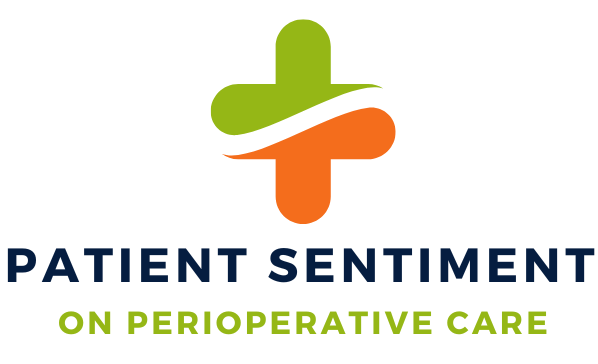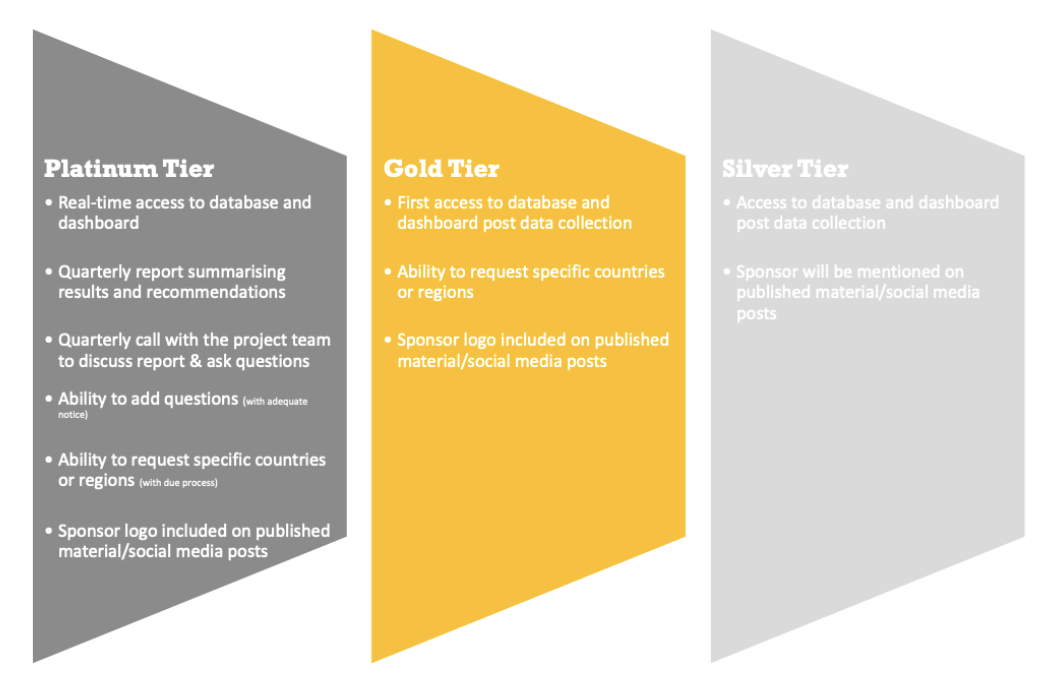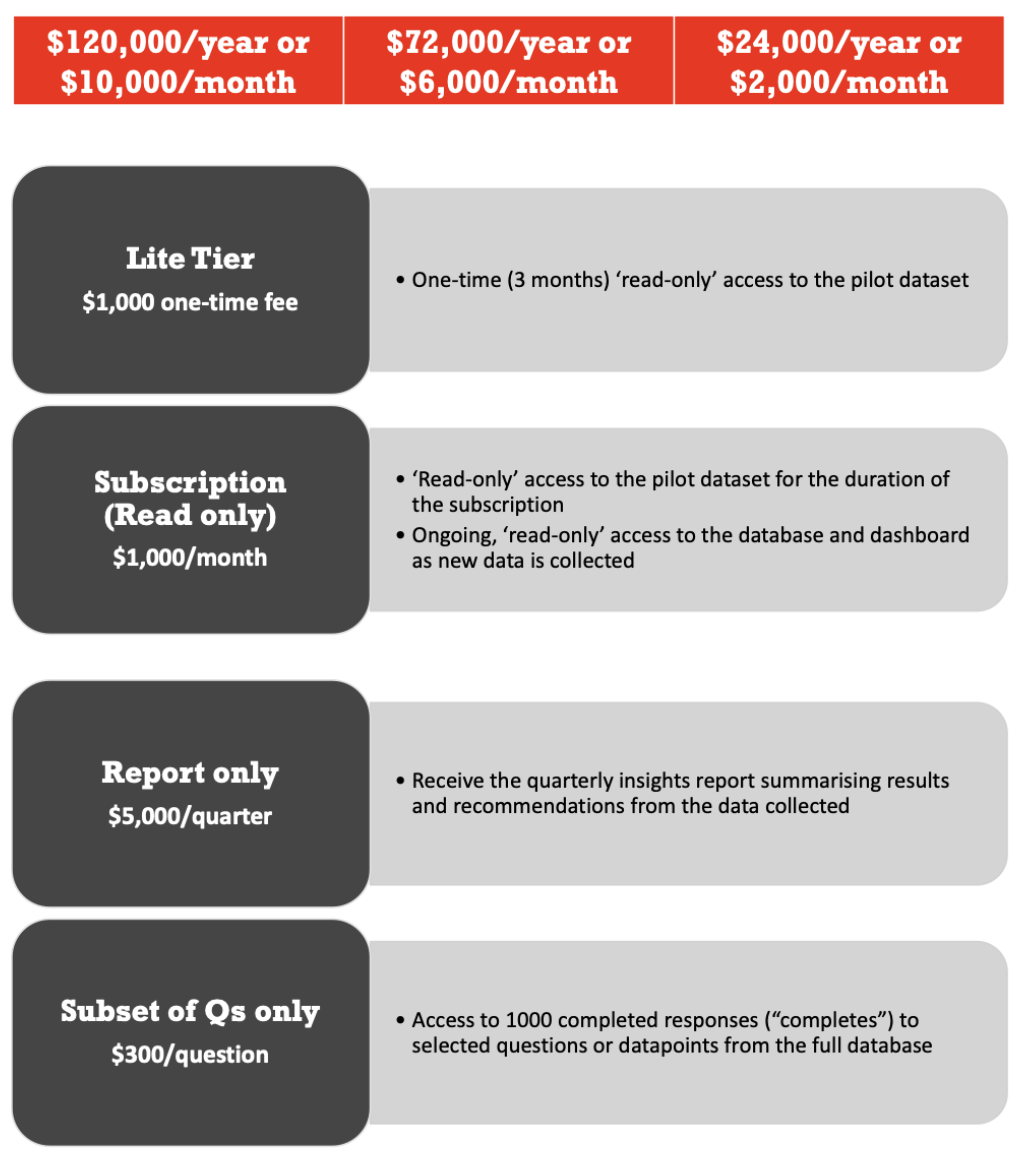Patient Sentiment on Perioperative Care
Leveraging RIWI’s Random Domain Intercept Technology (RDIT), RIWI and its partners have started to uncover true patient views regarding perioperative practices such as circumstances, care information, preparation, recovery, confidence to follow instructions, level of support, surgical/clinical team perceptions, and resultant outcomes.

Hundreds of millions of surgeries are performed annually, and surgical patients are presenting with more risk factors for perioperative complications owing to advanced age and concomitant disorders. Current quality improvement initiatives are generally created from the perspective of the institution or medical body, not that of the patient. On the other hand, “patient-centered care” remains the ultimate – albeit less explored – goal for postoperative satisfaction.
RIWI is proposing a solution to this challenge and is seeking strategic partners to support and steer research efforts into this area. RIWI methodologies enable inclusive data collection, global reach, and deeper insights beyond traditional administrative metrics and survey data. RIWI’s surveying approaches can be programmed to be completely anonymous, which encourages honest responses to questions assessing sensitive topics such as views on medical conditions, treatments, and public health related interventions.
For this project, we aim to understand patient perception of and opinion on perioperative care/perioperative medicine themes; in particular, qualitative, first-hand views and experiences of patients who have had a surgery within a chosen time frame. We have fielded 19 questions using RIWI technology to surgical patients, caregivers, and the general population in key focus areas relating to perioperative care including demographics, perioperative practices, postoperative recovery, and pain control and analgesic use.
Having completed a baseline study, RIWI and partners would like to propose future studies to gather richer data on perioperative care, for example patient experience, patient satisfaction, patient behavior, care quality, health outcomes including complication rate, hospital readmission rate, and associated costs. This could be done with a particular institution, organization, or hospital or on a wider scale, such as a health system or guidelines body.
Applications
Hospitals and Ambulatory Surgery Centers
Improve patient experience and outcomes, reduce costs, and improve staff training
Key data categories: Preparation and recovery, surgical/clinical team, patient outcomes, pain, circumstantial, demographics, costs.
Health Insurers and Health Services Companies
Reduce claims and collect behavioral data
Key data categories: Costs, patient outcomes, demographics, circumstantial.
Scientific and Academic Journals
Develop knowledge on perioperative care and medicine topics
Key data categories: Demographics, circumstantial, patient outcomes, preparation and recovery, pain.
Research Arms at Universities, Medical Schools, and Research Centers
Gather clinical evidence to develop better policies and guidelines
Key data categories: Patient outcomes, preparation and recovery, surgical and clinical team, pain, demographics.
Health Systems and Associated Organizations
Reduce systemic costs and improve healthcare delivery
Key data categories: Costs, demographics, circumstantial, patient outcomes.
Medical and Surgical Device and Equipment Manufacturers
Enhance the safety of products and patient centricity
Key data categories: Preparation and recovery, patient outcomes, safety, care quality.
Random Web user lands on an otherwise inactive domain
RIWI validates area of interest and delivers appropriate survey or message test
Users are anonymous and can safely choose whether or not to respond
Get in touch!
Sponsorship Tiers


Behind The Research

Dr. Wael Saasouh
Dr. Saasouh completed an anesthesiology residency at the American University of Beirut (Lebanon), a research fellowship at the Cleveland Clinic Department of Outcomes Research (Ohio), where he was chief research fellow, received training in neuroanesthesiology at the Cleveland Clinic (Ohio), and completed an anesthesiology residency at the Detroit Medical Center (DMC – Michigan). He is currently a Board-certified Anesthesiologist and a Director of Research. Dr. Saasouh was a 2019–2020 Doximity Conference Fellow and is a 2022–2023 Doximity Op-Med Fellow and a 2023 Doximity Digital Health Fellow.
